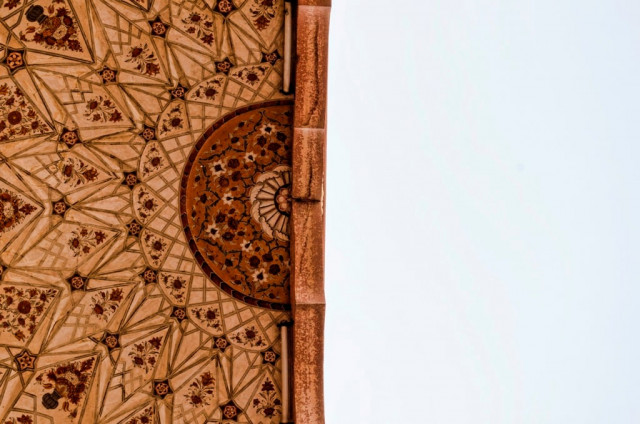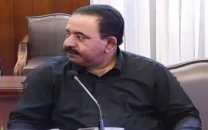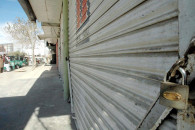A balanced society: Religion and nationalism go hand in hand, say scholars
Academics from Turkey compare the political and societal scenario in the two countries.

Academics from Turkey compared the political and societal scenario in the two countries. PHOTO: UMER IMAM UD DIN
“Nationalism can be both good and bad. It can unify or divide, oppose or liberate. In short, it has two extremes,” said Dr Salim Cevik, a lecturer at Ankara’s Ipek University. He was speaking at a seminar, titled ‘Change and Continuity: Religion and National Identity’, organised by the Szabist Social Sciences Department at its campus on Wednesday.

Cevik was of the opinion that his country needed democratic nationalism. “A lot of nationalist scholars hate nationalism but believe it to be inevitable. We definitely need a more plural version.”
Discussing the myths and theories that surround nationalism today, he said that some believe it emerged as a counter-effect of religion, which is not true.
“The collapse of universal religion is an important aspect in nationalism. Religions are universal and are for the entire humanity. How can it come in conflict with nationality when the latter is limited?” he questioned.
He explained that transformation in religion had affected national identity.
Calling his country a secular one within the Islamic world, Cevik discussed two models of Turkey - one of Nehru who told people to give up religion, and the other of Iqbal’s version of Turkey, which was Islamic and equated religion with national identity.
Drawing comparisons with Pakistan, he said that the partition and the expulsion of non-Muslims from the subcontinent were similar to Turkey as Mustafa Kemal Ataturk’s model had no place for minorities, when Turkey went from being an empire state to a national state.

Dr Hakan Gok, a professor at the Mevlana Rumi University in Konya, said that there were conflicts in every part of the world. “I have been in England for 16 years. Try being a dark-skinned person there or a Muslim in France. There is always oppression and fear.”
He shared the six diseases of society defined by Islamic scholar, Bediuzzaman Said Nursi - despair and hopelessness in social life, lack of truthfulness in social and political life, love of enmity, not finding a common point, despotism and restricting endeavors for personal benefits.
Dr Gok asked the audience to ponder if they were relevant today. He was of the view that industry, wealth and employment could be the cure for these ailments.
Meanwhile, the two scholars denied that religion was on the rise in Turkey, claiming that this was felt by outsiders because it was more visible than before. “Religion was suppressed in Turkey but it is not anymore. It is, however, not a threat to democracy.”
Answering a student’s question about Turkish dramas being aired on Pakistani channels, the two scholars smiled and said that their dramas and movies did not represent the Turkish culture.
The head of the Social Sciences Department, Riaz Ahmed Shaikh, said that Pakistan has to figure out what went wrong. “We have to learn from Turkey which is a successfully democratic country.”
Published in The Express Tribune, January 30th, 2014.



















COMMENTS
Comments are moderated and generally will be posted if they are on-topic and not abusive.
For more information, please see our Comments FAQ